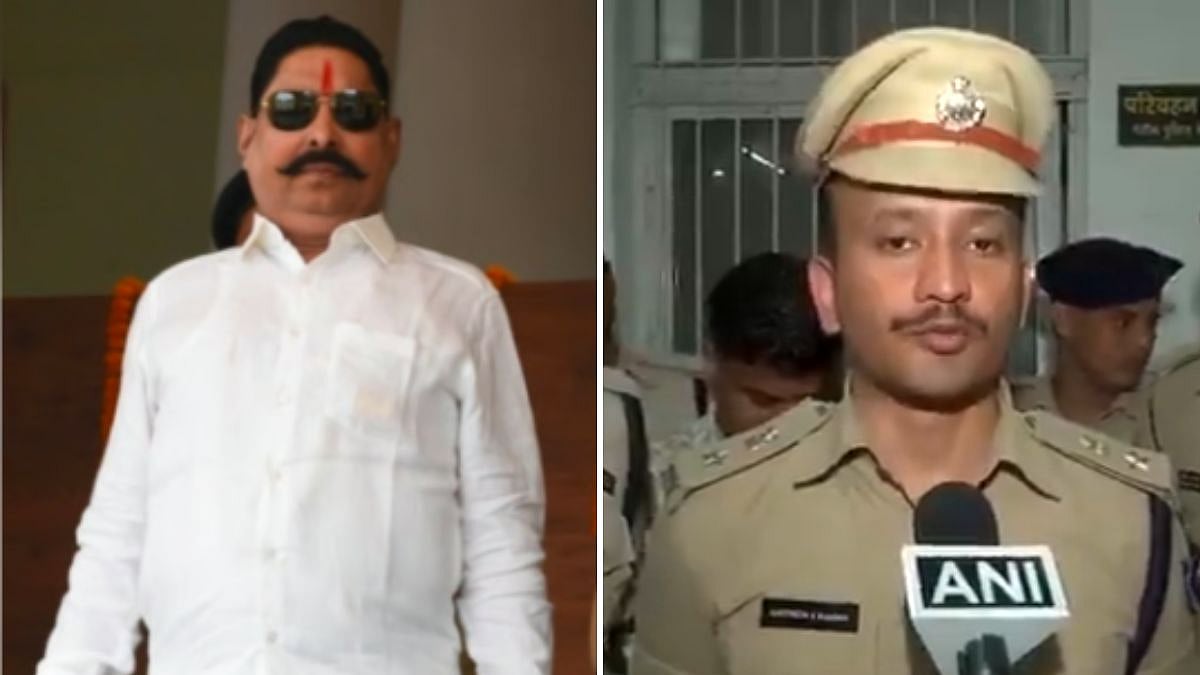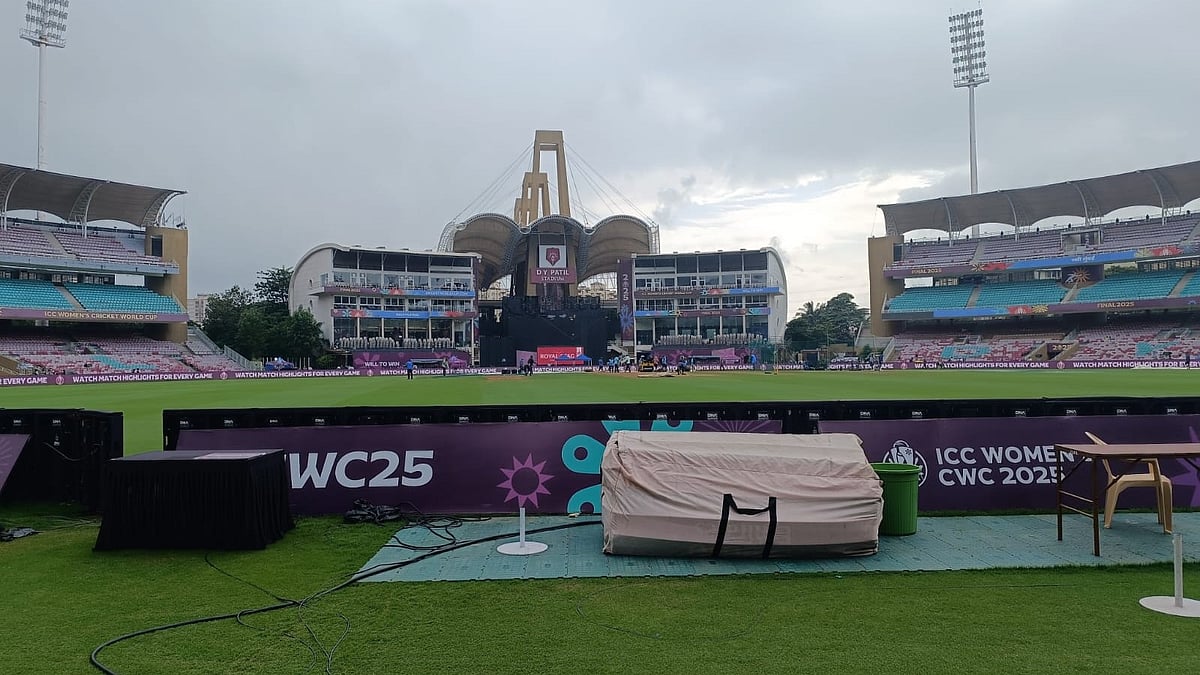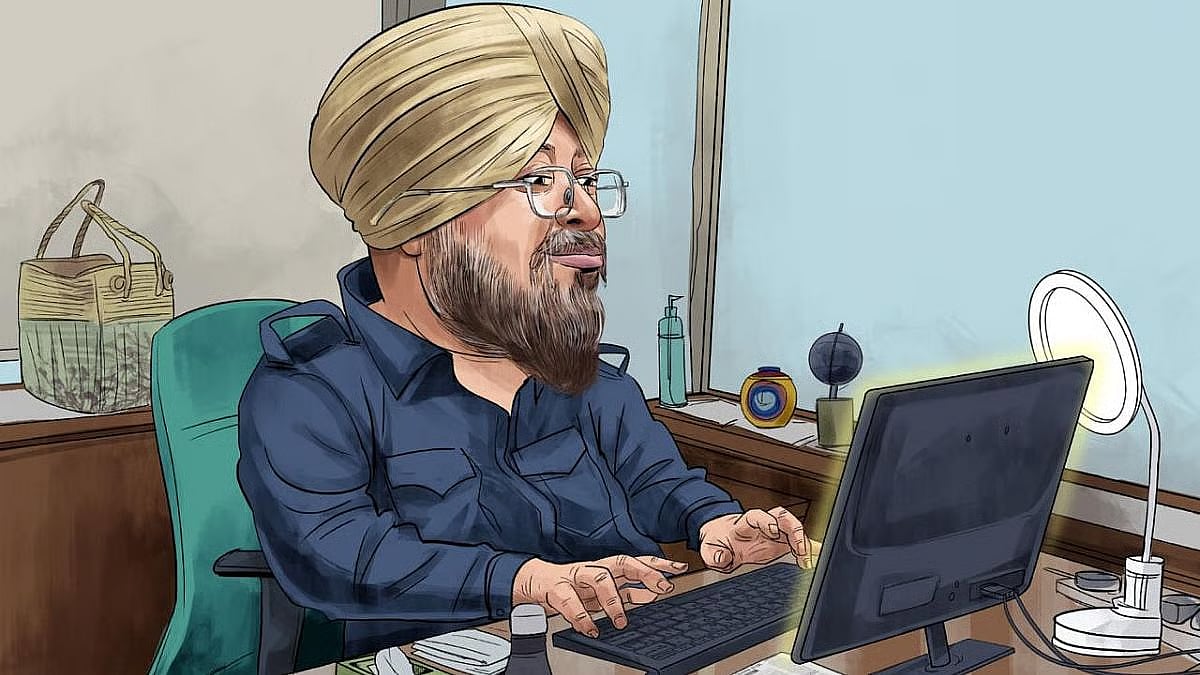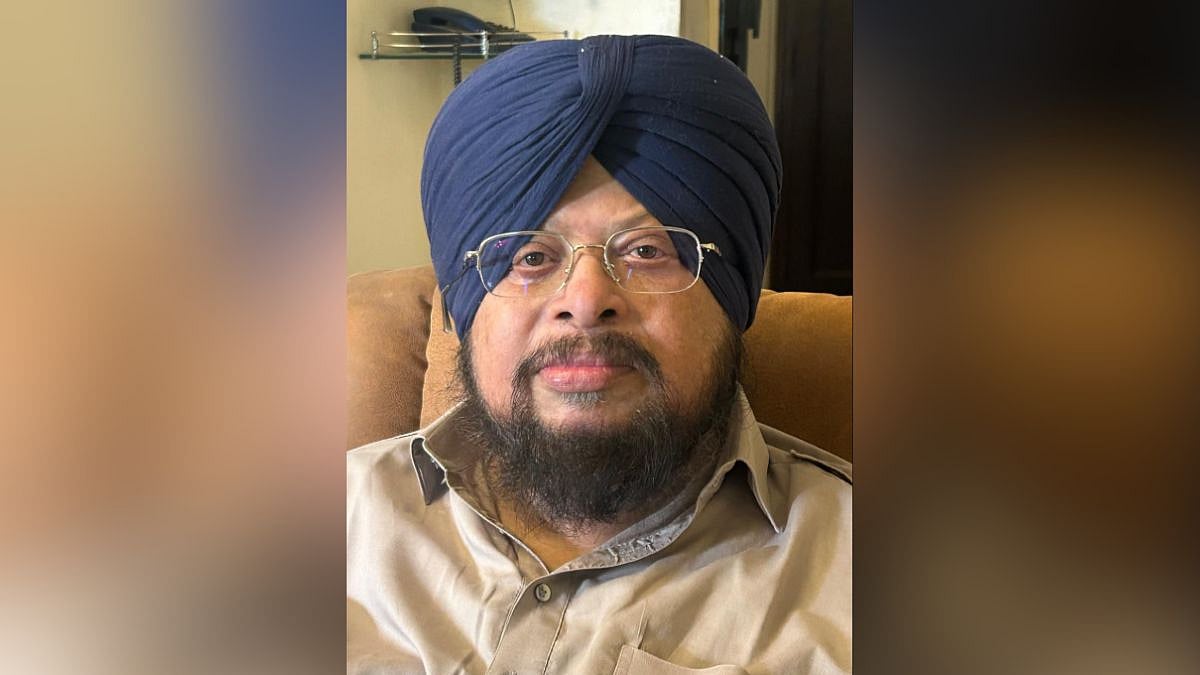There is a clear pattern in the way governors have been behaving with the governments in states. The governors in BJP-ruled states have a warm, lovey-dovey relationship with their governments. In states where opposition parties friendly to the Modi government are ruling — such as Odisha and Andhra Pradesh — the governors are playing an accommodating and supportive role, going to the extent of publicly praising the governments. Biswabhusan Harichandan, the Governor of Andhra Pradesh recently highly commended the YSRCP government: “Andhra Pradesh is progressing in the right direction.”
However, in the states where other opposition parties are ruling, the governors have no warmth or words of praise for the governments. They see only darkness there. They see things falling apart. They see murders of rules and homicides of norms.
More often than not, they speak the language of the opposition (that is, the BJP) there. In Maharashtra, there was an incident of rape and murder. The BJP orchestrated a demand for a special session of the Assembly to discuss ‘women’s safety and security’. Governor Bhagat Singh Koshyari shot off a letter to Chief Minister Uddhav Thackeray asking him to convene a two-day special session to discuss the issue. In a characteristic Shiv-Sena Esque riposte, Thackeray sent Koshyari a reply requesting him to write a letter to the central government to convene a four-day special session of Parliament to discuss ‘women’s safety and security’ as it was a “national issue” and “not restricted to any particular state.”
After the state elections in 2019, Koshyari made the BJP legislature party leader Devendra Fadnavis chief minister even though he had no letters of support from other parties to claim a majority. Fadnavis had to resign as he could not prove his majority. Soon after the Maha Vikas Aghadi (MVA) government was formed, the state cabinet decided to nominate Uddhav Thackeray to the legislative council. But Koshyari refused to approve of the cabinet decision for months, despite repeated requests to him to do so. A point came when it seemed six months would pass and Thackeray would have to resign. Why did Koshyari keep Thackeray on tenterhooks? To compel him to return to an alliance with the BJP? There is no proof of this available, but it looks plausible because Koshyari’s actions or non-actions in several cases have been adverse to the MVA government and favourable to the BJP.
The Koshyari-Thackeray crossfire in Maharashtra looks like a gentleman’s game compared to what has been going on between Jagdeep Dhankhar and Mamata Banerjee in West Bengal. There is shelling every day from both sides. The governor screams to the world, “West Bengal has become a gas chamber of democracy”, and the Chief Minister yells back, “We have a raja in the Raj Bhavan. He has a very loose tongue. He speaks like the BJP president.” And one of her ministers insinuates he resembles ‘Pagla Jagai’, a crazy character created by the Bengali poet Sukumar Ray.
Will the governor-opposition government conflicts stop? The answer is no. Not because the BJP leadership wants the governors to try as much as possible to show the opposition governments in a poor light. It is not a BJP invention. The Congress in its heyday also used governors as its Hanumans. They also did everything to prove that the opposition states were Lankas ruled by the Ravanas. If tomorrow the Congress returns to power at the Centre, they would return to the same game.
The reason why it will not stop is that the governor of our Republic enjoys the same powers that the governor appointed by the British Crown did. Article 163 of the Constitution, which defines the role of the governor, is a copy of Section 50 of the Government of India Act, 1935, which defined the role of the British governor. Like the colonial governor, the governor of Independent India, while generally exercising his functions with the aid and advice of the council of ministers, is given room for discretion or individual judgement. The space for such discretion is infinite, for the areas where he can act at his discretion are not precisely defined. And, to crown it all, the validity of anything done by him at his discretion cannot be called into question by the council of ministers or a court of law.
This is the space the governors exploit to create problems for the opposition governments. They can sit indefinitely over a bill passed by the Assembly, as the governor of Tamil Nadu did over the one which sought exemption of the state from the National Entrance cum Eligibility Test (NEET) for medical courses. They can send back passed bills or cabinet decisions to the government with notes and queries, as the governor of Tamil Nadu did with the NEET exemption bill. The governor of Jharkhand has been holding back assent to several bills on this or that ground.
What is the way to prevent governors from acting as the Hanumans of the party in power at the Centre? The easiest answer to it will be: Amend Article 163 to take away their discretionary powers. But that would be a solution fraught with dangers and also incompatible with democratic values.
A governor without space for individual judgement will be a rubber stamp of the state government. That would give the state governments absolute freedom to act the way they want. The reason why the fathers of our Constitution gave the Republican governor space for individual judgement, like the colonial governor, was to ensure that there was somebody to watch the state government work according to the Constitution. It was to prevent state governments from going wayward. The governor was to be a Constitutional watchdog.
But what has been happening is that the governors have been obstructing legislations and cabinet decisions of opposition governments which are disapproved of, by the party in power at the Centre. Instead of functioning as a Constitutional watchdog, the governor has been acting like a hound of the central government.
The solution lies in changing the way the governors are appointed. If the main criterion of appointment is political loyalty to the party in power at the Centre, we will always have governors dressed in constitutional camouflage haranguing and harassing opposition governments.
Don’t abolish the post of governor. Don’t take away his discretionary powers. Take away the powers of the Central government to appoint governors. Give that power to a committee comprising the Prime Minister, the Leader of Opposition in the Lok Sabha, the Chief Minister of the State, a retired chief justice of the Supreme Court, a Constitutional lawyer, and other independent members. Independent governors and state governments can then work in the best interests of the people benefiting from mutual advice.
(Arun Sinha is an independent journalist and author)









